In the Philippines, lung cancer remains the second most common type of cancer— and the most prevalent and deadliest type of cancer among Filipino men.¹,³ Around 25% of Filipinos aged 15 years and up smoke tobacco. This places millions of the population at risk for developing lung cancer.² These staggering statistics emphasize the need for continuous and vigilant screening to make sure this, as with all types of cancer, is detected and subsequently treated as early as possible.
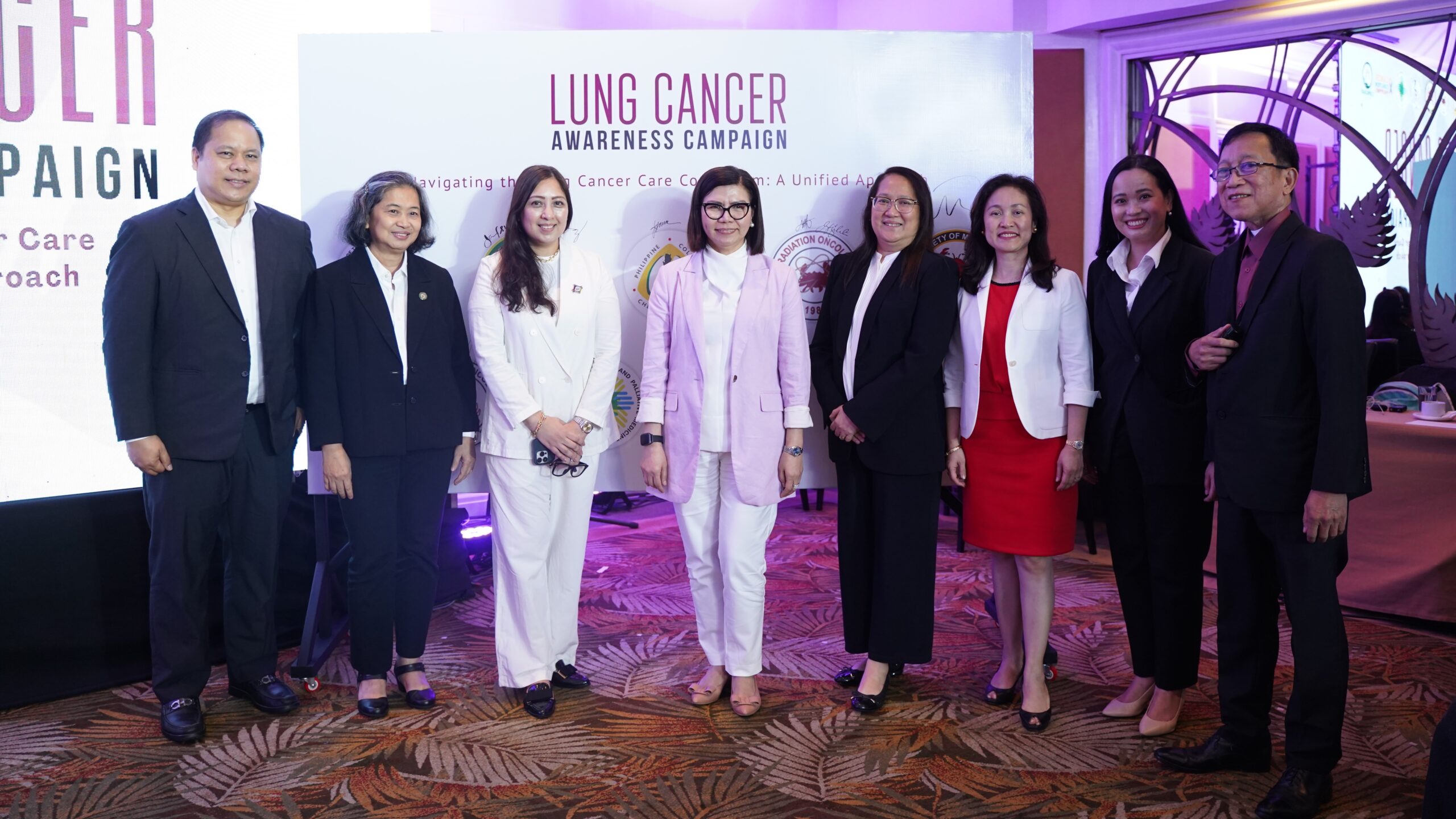
Lung and oncology experts from seven medical societies alongside patient advocacy groups gathered at the EDSA Shangri-la Hotel recently to further raise awareness around prevention, screening, diagnosis, and management of lung cancer.
The well-attended event aimed to facilitate a multi-disciplinary discussion on the crucial role of each specialty in the lung cancer care continuum, focusing on lung cancer management.
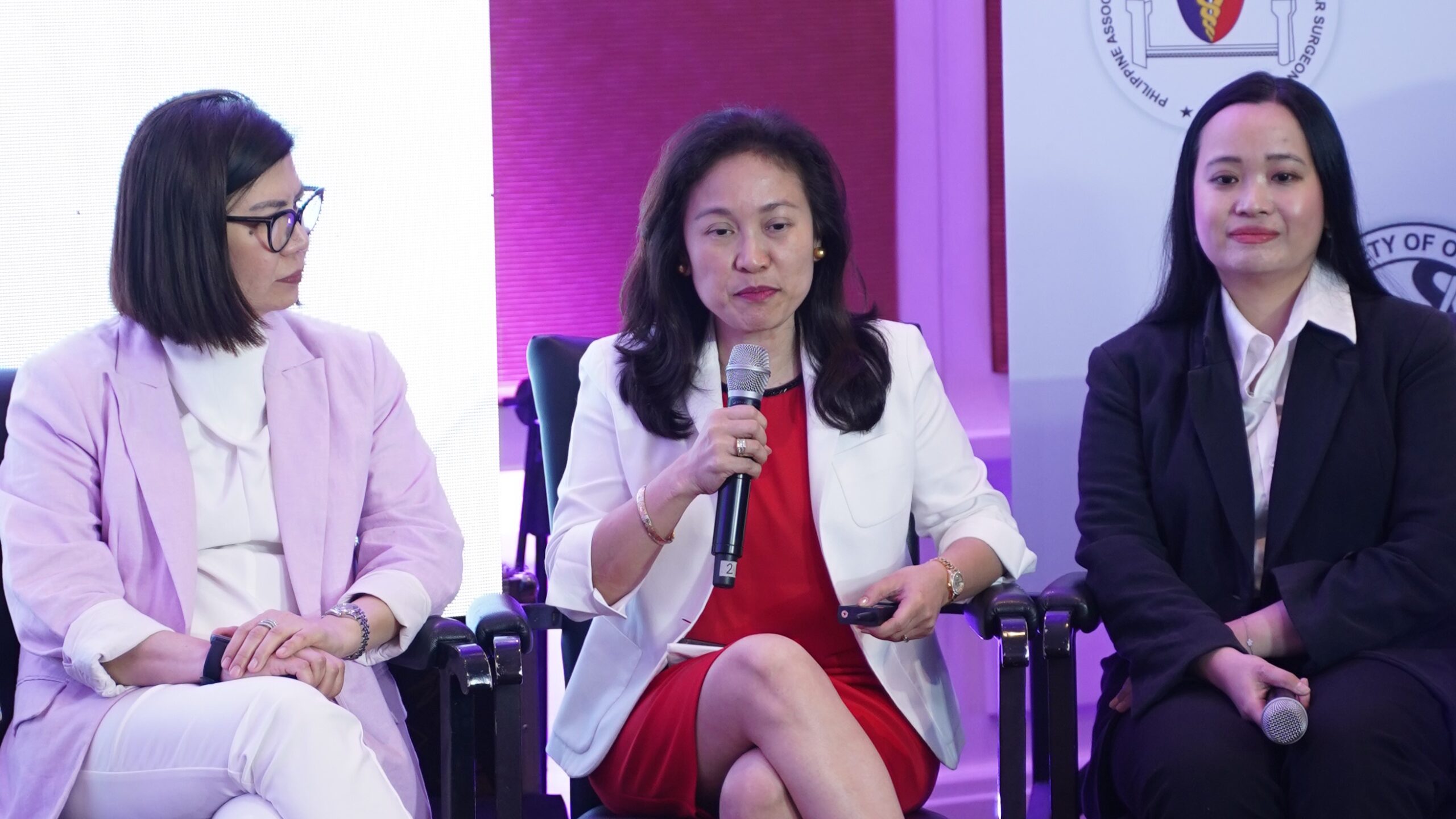
Dr. Janeth Samson, president of the Philippine College of Chest Physicians (PCCP) opened the program by emphasizing the need for a unified approach among all key stakeholders to battle this condition, including committing due diligence to find the right diagnosis, optimal approach, and minimizing the number and invasiveness of procedures. “Hindi po lahat ng cancer pare-pareho ng treatment. We go to the procedure that will give us the best diagnosis.”
In 2022 alone, 23,728 people were diagnosed with lung cancer and many more remain under the radar.⁶ Mr. Emerito Rojas of the Lung Health Alliance of the Philippines or LungHAP who has been advocated for everyone’s right to breathe cleaner air to preserve and protect lung health, also shed light on the experiences of lung cancer patients and their families, and the importance of a supportive community. “We need to push for early detection and lung screening. We need sustainable funding and we need to develop a strategy. Together with your support, we can make an impact.”
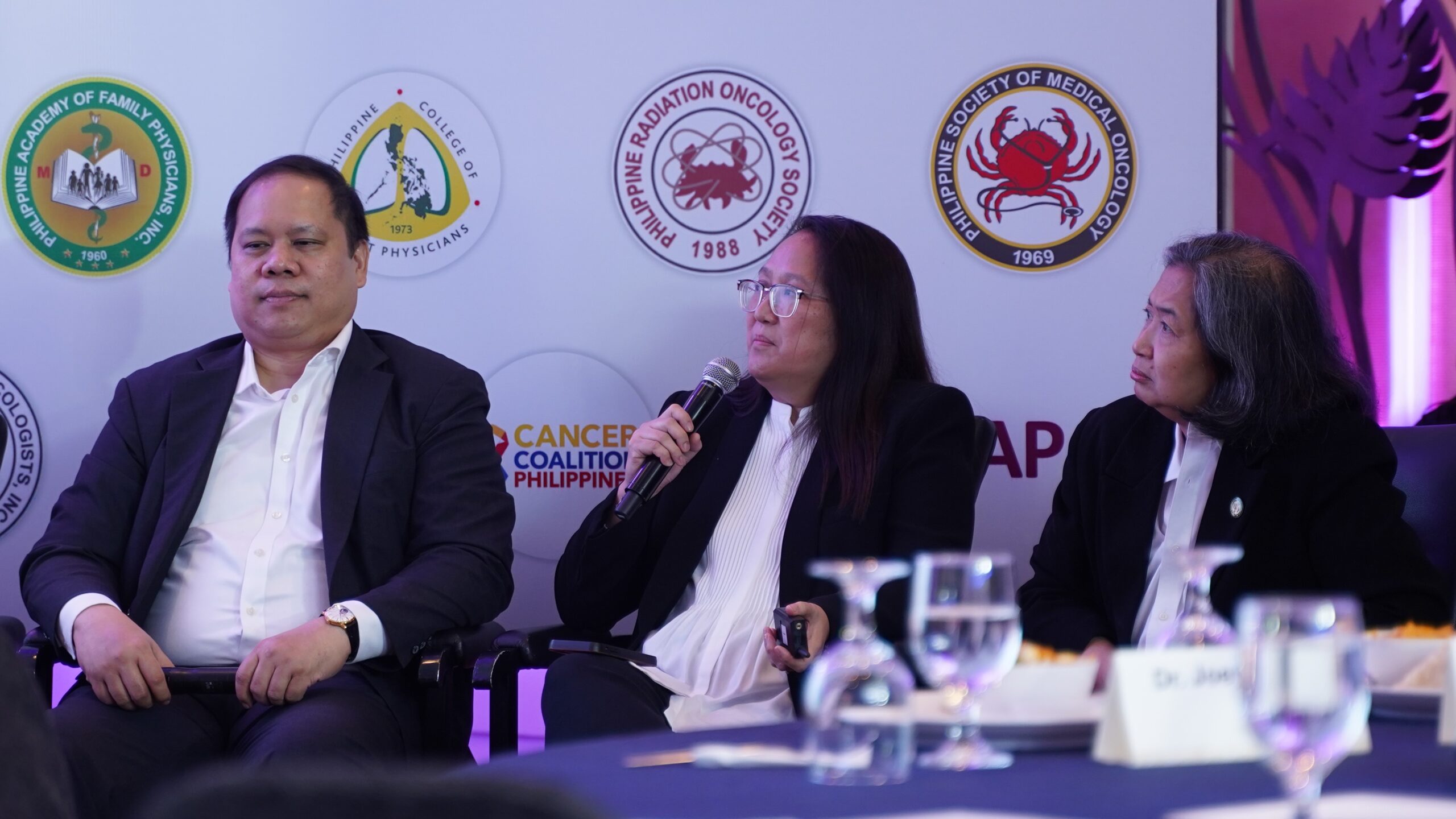
Experts then gathered for an informative and engaging panel to discuss the journey of the lung cancer patient. Dr. Josephine Lapena, President of the Philippine Academy of Family Physicians (PAFP), Dr. Karlos Aleta, President of the Philippine Association of Thoracic and Cardiovascular Surgeons (PATACSI), Dr. Josephine Tolentino, President of the Philippine Society of Medical Oncology (PSMO), and Dr. Herdee Luna, President of the Philippine Society of Oncologists Inc. (PSO) joined PCCP president Dr. Samson to discuss how to execute the multidisciplinary team approach, which is highlighted by taking a deeper look into a patient’s lifestyle and situation.
“Importante na alam namin ang sitwasyon hindi lang ng pasyente, kundi pati ng pamilya. We need to know what the family is dealing with. What they do, where they live,” said Dr. Lapena.
Dr. Tolentino, alongside Dr. Ma. Teresa Benedicto of the Philippine Radiation Oncology Society and Dr. Joey Joson of the Philippine Society of Hospice and Palliative Medicine, discussed the importance of end-to-end care for lung cancer care, taking note of holistic health, especially when in advanced stages. “We advise patients to continue with a healthy lifestyle and to take care of mental health,” said Dr. Tolentino.
“We address not only physical. We also address psychosocial, spiritual, and existential issues, and the family, too, na hindi na-address ng iba naming colleagues. ‘Yun po ‘yung puwede naming maitulong sa kanila,” elaborated Dr. Joson.
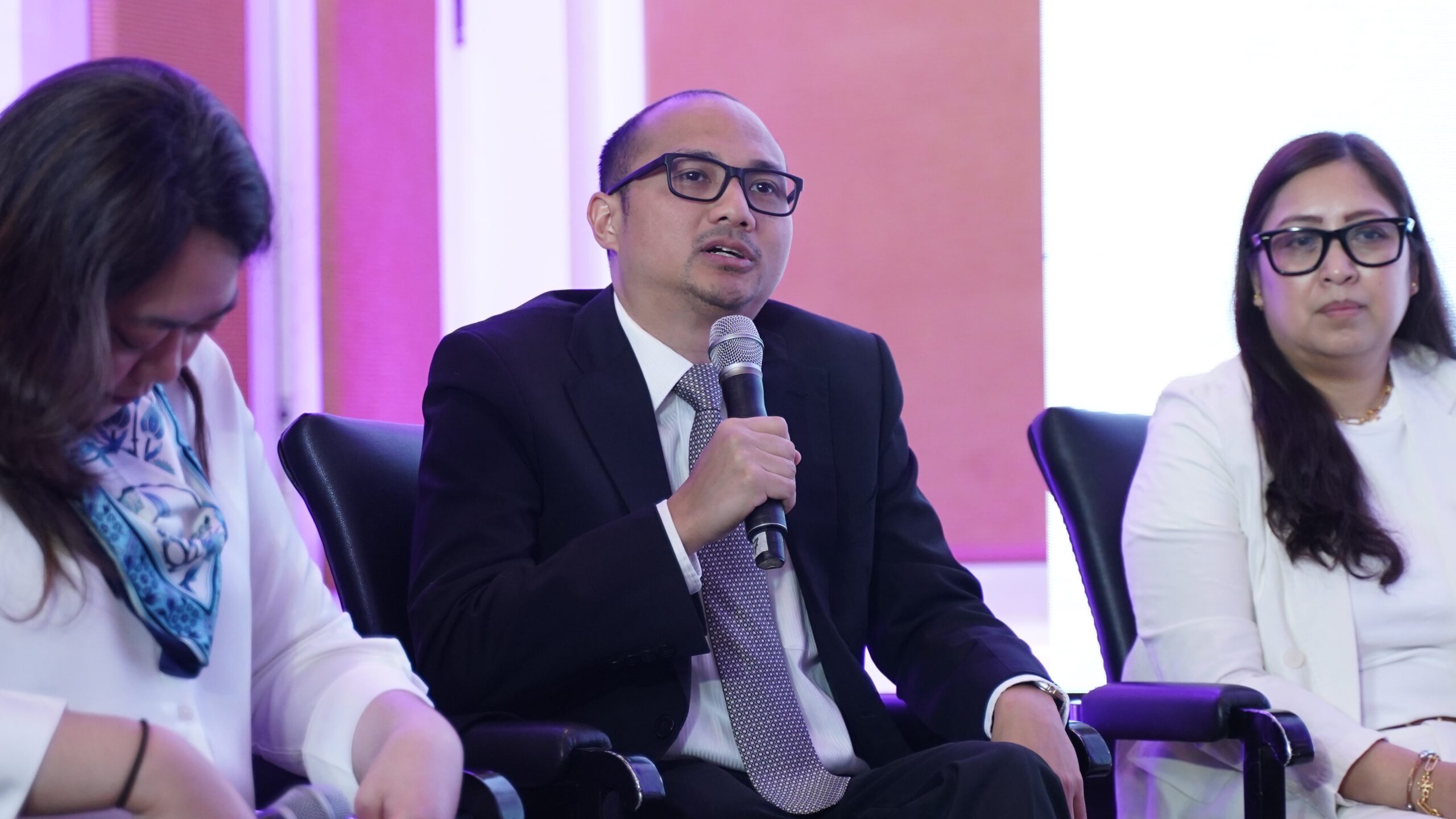
Dr. Cyril Tolosa, Medical Affairs Director of AstraZeneca Philippines, underscored how each accurate intervention can help make the healing journey easier for patients. “AstraZeneca is driven by its bold ambition to eliminate lung cancer as a leading cause of death worldwide, and that includes transforming the landscape of lung cancer care here in the Philippines through early intervention and innovative treatment options,” said Dr. Tolosa. “We’re positive that through this multidisciplinary collaboration with seven medical societies and lung cancer patient groups, we can create real world impact to further improve health outcomes of our lung cancer patients.”
He added, “Earlier this year, the collaboration of AstraZeneca and AC Health successfully integrated an AI-based chest x-ray tool into key hospitals within the AC Health network, allowing patients to undergo early screening for lung nodules and assess their risk of malignancy. This collaboration enhances the accessibility of advanced diagnostic technology and enables healthcare providers to offer timely and accurate evaluations potentially improving patient outcomes.”
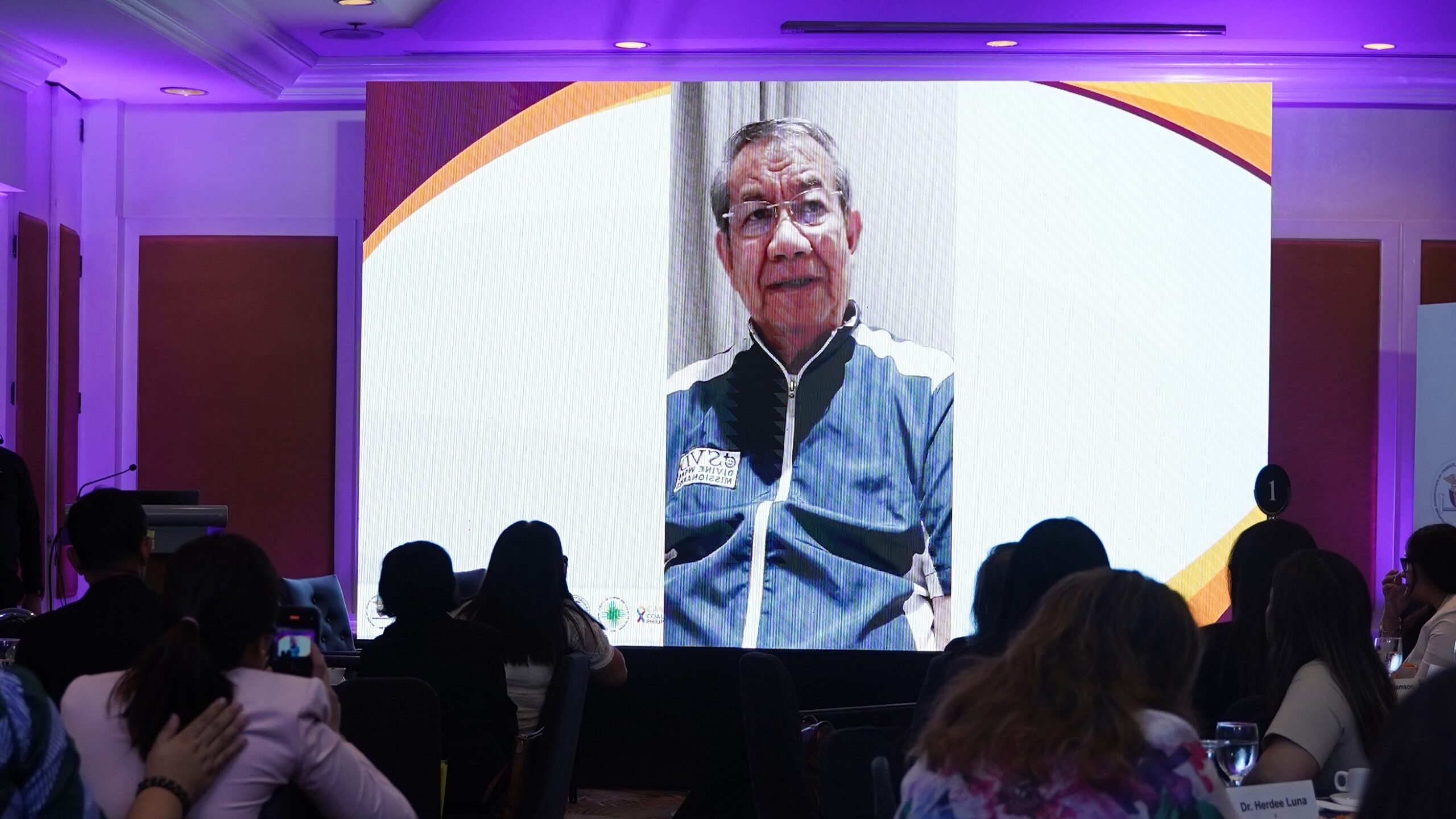
Fr. Jerry Orbos, a lung cancer survivor and spiritual adviser of LungHAP, recalled his own journey to conquering lung cancer. He exhorted patients and advocates to bank on faith despite the challenges of the disease. “Don’t give up on hope. Hold on to discipline, take your medicine, follow your doctors, and be patient. It’s a journey. Have a joyful mindset, and of course, faith in God. The big C is nothing compared to the biggest C, who is Christ.”
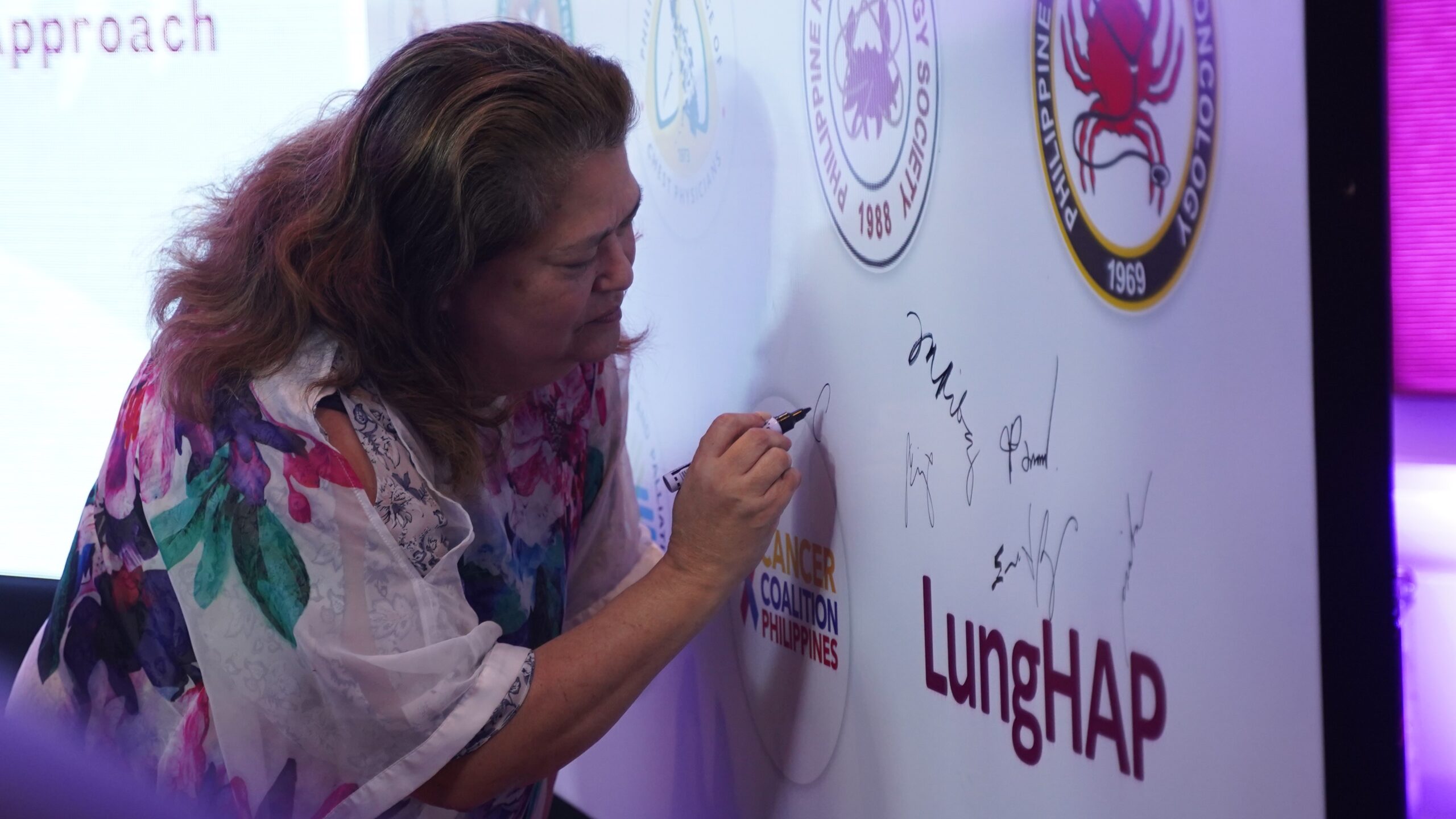
Carmen Auste of Cancer Coalition Philippines (CCPH), Inc. was also in attendance. She called for stakeholders, specifically authorities, to put a bigger emphasis on the voice of lung cancer patients. “Kailangan natin palakasin ‘yung boses ng survivors. Ang paniniwala po natin, anumang guideline or standard na gagawin, ito ay mas magiging responsive at makabuluhan kung nandoon ang lived experiences ng ating mga pasyente,” said Auste.
All the medical societies and patient advocacy groups then gathered to engage in a commitment exercise, further solidifying their partnership in the fight against lung cancer.
Finally, PCCP’s Dr. Janeth Samson closed the program by facilitating the launch of the PCCP Lung Cancer registry, which will further provide a caring, efficient network for lung cancer patients and their families. “This registry represents a critical step towards enhancing the knowledge base and improving outcomes for individuals affected by lung cancer,” explained Dr. Samson.
References:
1. International Agency for Research on Cancer. Global Cancer Observatory; 2022. Philippines Population Fact Sheet. https://gco.iarc.who.int/media/globocan/factsheets/populations/608-philippines-fact-sheet.pdf
2. Lung cancer screening in the Philippines: the need for guidelines based on the local context and the imperative for improved access to screening. National Library of Medicine, NIH https://pmc.ncbi.nlm.nih.gov/articles/PMC9971506
3. PH National Cancer Summit 2024 Spotlights NICCA’s Pivotal Role in Cancer Prevention https://globalnation.inquirer.net/226950/ph-national-cancer-summit-2024-spotlights-niccas-pivotal-role-in-cancer-prevention
4. Lung Cancer. World Health Organization (WHO) https://www.who.int/news-room/fact-sheets/detail/lung-cancer
5. The Lung Ambition Alliance (LAA) https://www.lungambitionalliance.com/
6. AI-Powered Technology for Early Lung Cancer Detection Now in PH https://newsinfo.inquirer.net/1969383/ai-powered-technology-for-early-lung-cancer-detection-now-in-ph
About AstraZeneca
AstraZeneca (LSE/STO/Nasdaq): AZ is a global, science-led biopharmaceutical company that focuses on the discovery, development, and commercialisation of prescription medicines in Oncology, Rare Diseases, and BioPharmaceuticals, including Cardiovascular, Renal & Metabolism, and Respiratory & Immunology. Based in Cambridge, UK, AstraZeneca operates in over 100 countries and its innovative medicines are used by millions of patients worldwide. Please visit astrazeneca.com and follow the Company on X @AstraZeneca.



